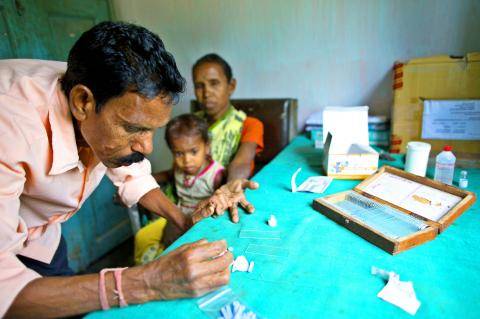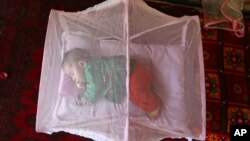
From For Greece, Crushing Debt Leads to Outbreak of Dreaded Malaria some disturbing news about what happens when governments go broke. An excerpt:
According to the Wall St. Journal, Greeces fragile economic status has led to shortages of many common medical supplies and medications, including cancer drugs and syringes. With doctors and nurses also not receiving reimbursements for services, leading to less consistent monitoring of contagious illness, Greece is seeing outbreaks of infectious diseases such as malaria, respiratory-tract infections, skin conditions, tuberculosis, and HIV. Since up to a third of Greek citizens no longer can afford the medications and tests prescribed by doctors, infectious disease is more likely to go unchecked. In essence, the health care system is buckling under the weight of the countrys debt and government dysfunction.






